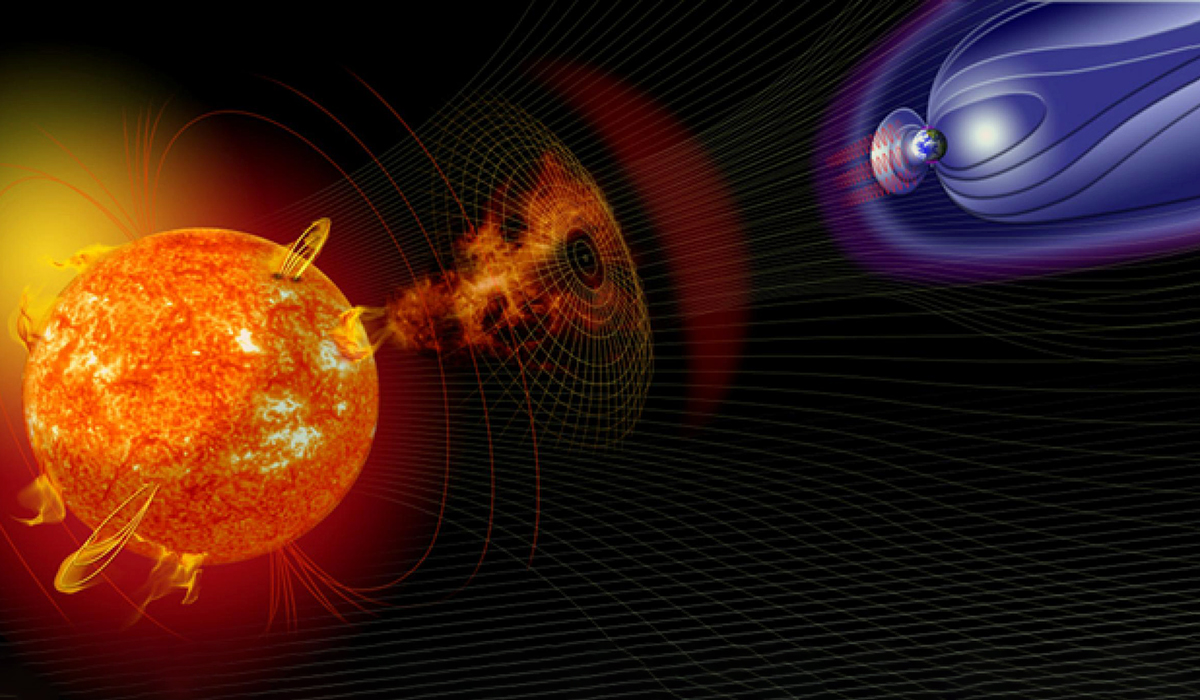

The first and only master’s degree of its kind offered in the United States, the Applied Space Weather program is an interdisciplinary program combining several branches of physics with modern methods of space observations and cutting-edge achievements in data mining and computer forecasting. This program is educating the next generation of scientists and engineers who will attack the challenging problems of mitigating hazards to technological systems susceptible to space weather. Master’s students will be offered hands-on experience with advanced space weather forecasting tools available at Catholic University’s Space Weather Center through its collaboration with National Aeronautics and Space Administration (NASA) Goddard Space Flight Center.